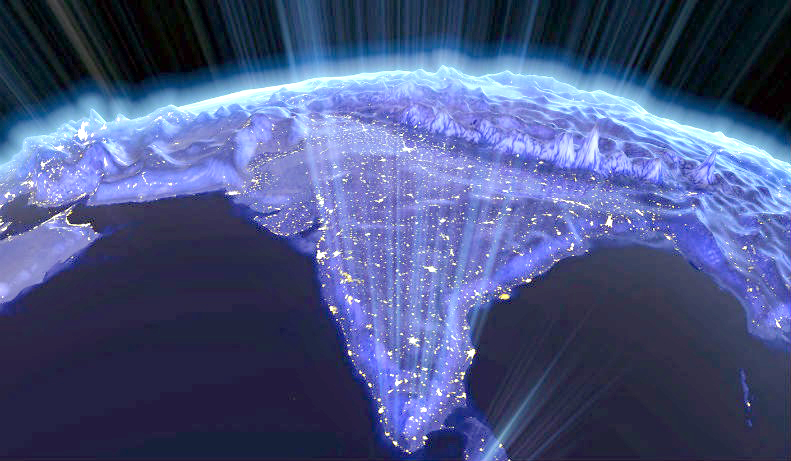NEW DELHI: New IT secretary JS Deepak has said the department’s focus will be on delivering key e-government services to citizens and to give a leg up to electronic manufacturing in the country.

“Firstly, [the emphasis is on] the ‘Digital India’ campaign with focus on e-governance, which is about making the government more responsible, more efficient and more available towards its citizens,” Deepak, who took over as the secretary at the Department of Electronics and Information Technology (DeiTY) on Monday, told ET.
The department’s second major area of focus will be promotion of manufacture of electronic hardware and exports from India. “This has been the focus of the department of IT and something our prime minister has repeatedly spoken of,” Deepak said. “Bridging the export and import gap is a big challenge for us.”
India imports electronic items worth $100 billion every year and, according to the government’s estimates, at this scale, by 2020 it could touch $400 billion, possibly surpassing the bill on fuel imports.
To counter this gnawing deficit, the government has been trying to promote India as an attractive destination for setting up manufacturing facilities. Deepak said that while he needs more time to absorb his new assignment and understand complexities to be able to speak in detail, his priorities are in line with the government’s thinking.
The department’s third priority area will be increasing employment through strengthening IT and ITeS services, including development and export of software. “This is an area in which we have been leaders, but our competitiveness is coming under attack from a number of new geographies like the Philippines, Mexico and China,” he said.
Deepak, an IIM-Ahmedabad alumnus, joined the Indian Administrative Services in 1982. The UP cadre officer was previously additional secretary in the department of commerce. Prior to that he served as joint secretary in the telecom department. At the commerce ministry, Deepak was India’s chief negotiator at the WTO and at the Regional Comprehensive Partnership, which is a free trade agreement between 16 nations. He was also India’s chief negotiator for the India-EU FTA.
Deepak fills the post held by Ram Sewak Sharma, a 1978 batch IAS officer from the Jharkhand cadre who is now the chairman of the Telecom Regulatory Authority of India (Trai).
Deepak was also the architect of the ‘e-auctions’ model, as he is credited with designing the first-ever successful e-auction of airwaves (3G and 4G BWA), which helped the government earn a bumper Rs 1.67 lakh crore in 2010. Since, then e-auctions have become an established government norm across various sectors for allocation of natural resources.